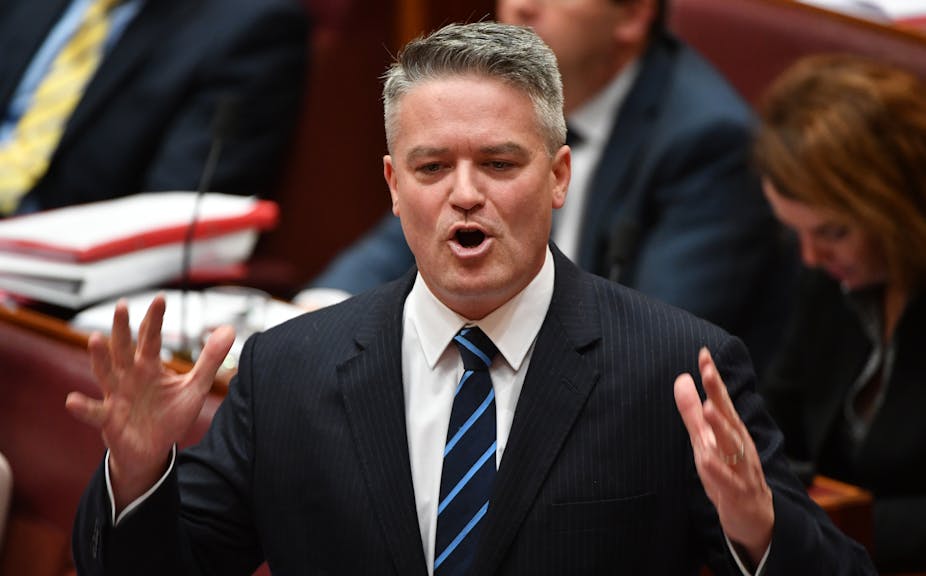The parliament is preparing to rush through anti-vilification legislation to apply during the postal ballot on same-sex marriage.
Under the bill a person must not vilify, intimidate or threaten another person because of their views, expressed or believed to be held, or because of their religious conviction, sexual orientation, gender identity or intersex status.
The safeguards bill will be introduced on Wednesday and passed before parliament rises on Thursday. It has a sunset provision that means it only lasts for the duration of the ballot, the result of which will be announced on November 15.
Civil penalties will apply, to a maximum of A$12,600. But the attorney-general, George Brandis, must consent to a person taking enforcement action under the vilification and related provisions.
People are also protected from being discriminated against – in employment or by being denied access to membership of a union, club or other body – for making a donation to the campaign.
The bill requires that broadcasters, if they give opportunities for one side to put their views, must provide the other side with reasonable opportunities.
The government negotiated the emergency legislation with the opposition over the last few days.
The bill also includes requirements for authorisation of advertising and other provisions that apply to ordinary elections but did not automatically cover this voluntary postal ballot.
In the Coalition partyroom meeting one person objected to the anti-vilification provisions. But Acting Special Minister of State Mathias Cormann gave an assurance that Brandis’ approach would have a “bias towards freedom of speech”.
Labor claimed credit for securing “important concessions from the government that prohibit vilification and hate speech” during the ballot. But opposition spokespeople Mark Dreyfus and Terri Butler said in a statement: “Let’s be clear – this safeguards bill does not in any way legitimise this survey process, which has been foisted upon Australians at a massive cost”.
The ballot papers started to go out on Tuesday.

